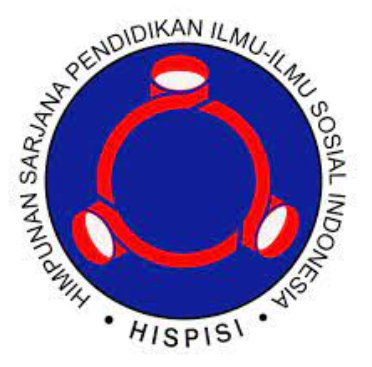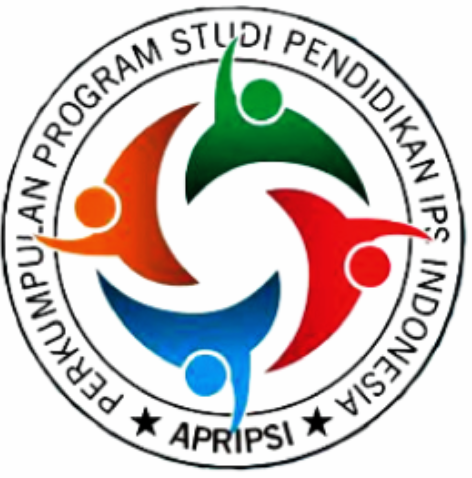PENERAPAN MODEL DRILLS BERBASIS ICT (INFORMATION AND COMUNICATION TECHNOLOGY) UNTUK MENINGKATKAN HASIL BELAJAR IPS
Penelitian Tindakan Kelas Pada Siswa Kelas VIII A SMP Diponegoro 1 Rawamangun Jakarta Timur)
DOI:
https://doi.org/10.21009/EIPS.004.1.05Abstract
This research aims to find out the implementation of ICT based Drills model to improve student learning result of social sciences subject. This research has been done in class VIII A with 32 students in Diponegoro I Junior High School East Jakarta school year of 20182019 from March to May 2019. The method used in this research is classroom action research that has 3 cycles where each cycle consists of four steps: Planning, Acting, Observing, and Reflecting. According to the research finding, the learning result occurs enhancement in each cycle. In the cycle 1 as big as 21,8% (7 students) reaches score that is above the minimum completeness criteria 75 with the average of learning result 54,56, in cycle 2 becomes 50% (16 students) reaches score that above the minimum completeness criteria 75 with the average of learning result 76,75, and in cycle 3 becomes 93,75% (30 students) reaches score that is above the minimum completeness criteria 75 with the average of learning result 85,12.
Keyword: Classroom Action Research, Drills Learning Model, ICT, Student Learning Result, Student Learning Activeness
Downloads
Published
How to Cite
Issue
Section
License
Authors who publish with this journal agree to the following terms:
- Authors retain copyright and grant the journal right of first publication with the work simultaneously licensed under a Creative Commons Attribution ShareAlike License that allows others to share the work with an acknowledgement of the work's authorship and initial publication in this journal.
- Authors are able to enter into separate, additional contractual arrangements for the non-exclusive distribution of the journal's published version of the work (e.g., post it to an institutional repository or publish it in a book), with an acknowledgement of its initial publication in this journal.
- Authors are permitted and encouraged to post their work online (e.g., in institutional repositories, pre-prints sites or on their website) prior to and during the submission process, as it can lead to productive exchanges, as well as earlier and greater dissemination of published work






